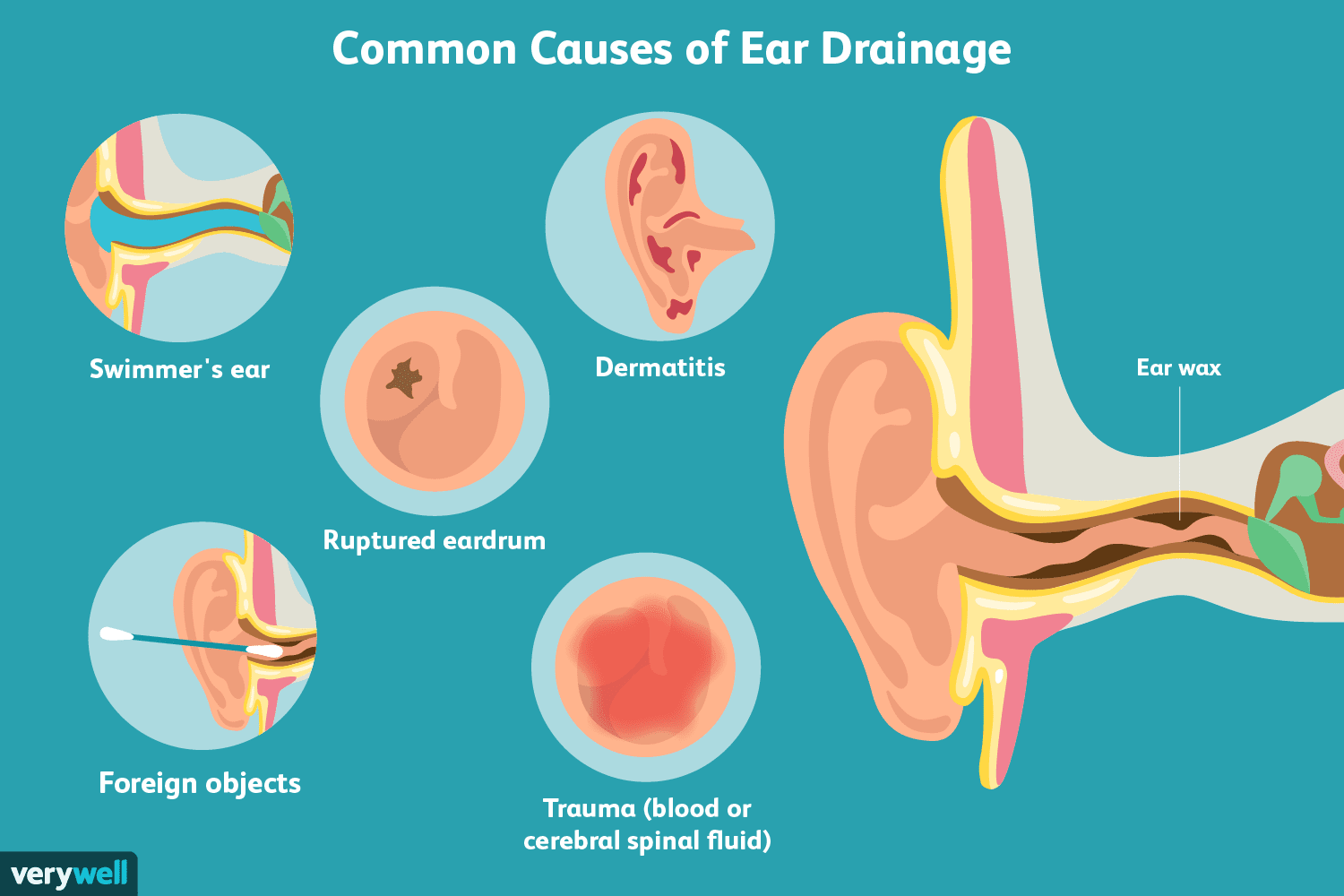Ear fluttering, also known as ear twitching or pulsatile tinnitus, can be a disconcerting sensation that many people experience at some point in their lives. This phenomenon involves involuntary muscle contractions in the ear, causing a fluttering or twitching sensation that can range from mild to bothersome. Here’s a comprehensive guide to help you understand ear fluttering, including its potential causes, symptoms, and possible remedies:
1. What is Ear Fluttering?
Ear fluttering refers to the sensation of muscles in or around the ear contracting involuntarily, resulting in a fluttering, twitching, or spasming sensation. It can occur in one or both ears and may be intermittent or persistent.
2. Common Causes of Ear Fluttering:
Muscle Spasms: Involuntary contractions of the tiny muscles in the middle ear can cause fluttering sensations.
Stress and Anxiety: Elevated stress levels can lead to muscle tension, including in the muscles around the ears.
Fatigue or Exhaustion: Lack of sleep or excessive tiredness can contribute to muscle spasms, including those affecting the ear.
Caffeine and Stimulants: High intake of caffeine or stimulants can sometimes trigger muscle twitching, including in the ear.
Medications: Certain medications may have side effects that include muscle spasms or twitching.
Underlying Medical Conditions: Conditions such as middle ear myoclonus, where the muscles in the middle ear contract involuntarily, can lead to ear fluttering.
3. Symptoms Associated with Ear Fluttering:
Fluttering Sensation: A sensation similar to muscle twitching or spasming inside the ear.
Pulsatile Tinnitus: In some cases, ear fluttering may be accompanied by a rhythmic sound or pulsing sensation in the ear.
Discomfort or Irritation:Some individuals may find ear fluttering uncomfortable or bothersome, especially if it persists.
4. Diagnosis and Medical Evaluation:
If ear fluttering persists or is accompanied by other symptoms such as hearing loss, dizziness, or pain, it’s advisable to consult a healthcare professional. A thorough medical evaluation may include:
Physical Examination: Examination of the ear and surrounding structures.
Hearing Tests: Audiometric tests to assess hearing function.
Imaging Studies: MRI or CT scans to evaluate the structures of the ear and rule out underlying conditions.
5. Treatment and Management Options:
Address Underlying Causes: Treating underlying conditions such as stress, fatigue, or caffeine intake may alleviate ear fluttering.
Medication Adjustment: If ear fluttering is related to medication side effects, adjusting or discontinuing the medication under medical supervision may help.
Relaxation Techniques: Practices such as deep breathing, yoga, or meditation can help reduce stress and muscle tension.
Sound Therapy: Background noise or white noise machines can mask the fluttering sensation, especially if accompanied by tinnitus.
Medical Interventions: In severe cases or when caused by specific medical conditions, treatments such as muscle relaxants or botox injections may be considered.
6. Self-Care and Home Remedies:
Rest and Relaxation: Adequate sleep and relaxation can reduce muscle tension and alleviate ear fluttering.
Hydration: Ensuring proper hydration can help prevent muscle spasms.
Avoidance of Triggers: Limiting caffeine intake and managing stress levels can prevent episodes of ear fluttering.
7. When to Seek Medical Attention:
If ear fluttering is persistent, severe, or accompanied by other concerning symptoms such as hearing loss, dizziness, or pain, it’s important to seek medical evaluation promptly. These symptoms could indicate underlying medical conditions that require treatment.
8. Conclusion:
Ear fluttering, while often benign and temporary, can be a source of discomfort or concern for many individuals. Understanding its potential causes, symptoms, and management options can empower you to address this sensation effectively. By adopting healthy lifestyle practices and seeking medical guidance when necessary, you can manage ear fluttering and promote ear health and overall well-being.
